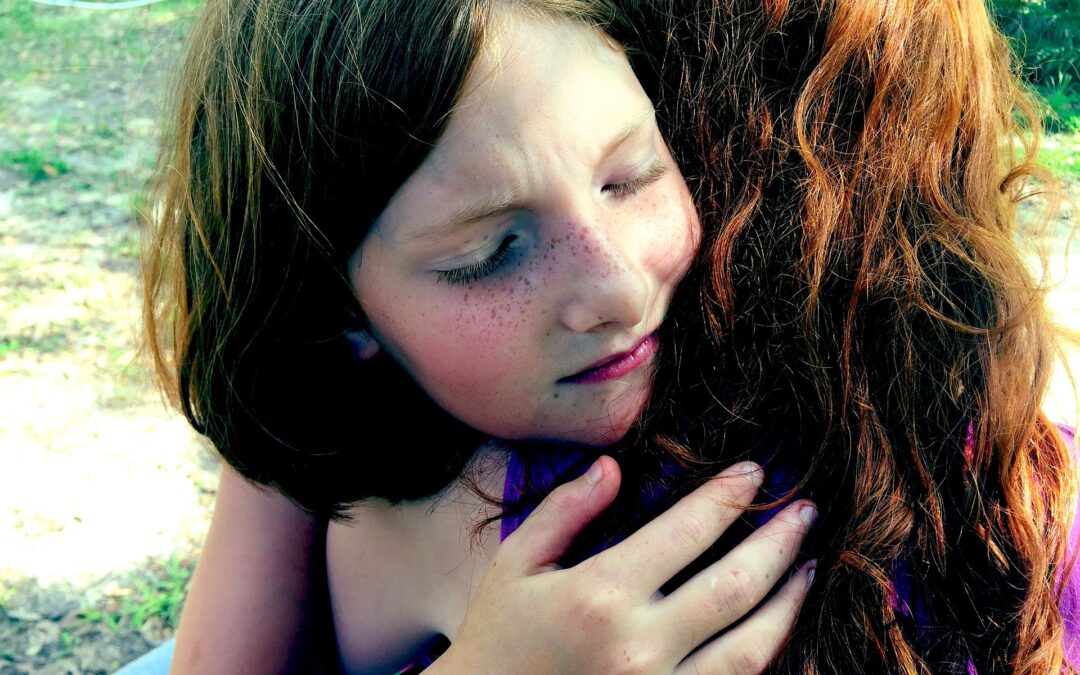Image by Mark Filter from Pixabay
Anxiety is a common mental health condition that affects people of all ages, including children. Children with anxiety can experience intense fear, worry, and nervousness that can significantly impact their daily lives. Recognizing the signs of anxiety in children is crucial to providing them with the support and treatment they need. This article will discuss the signs of anxiety in children and how to help them.
Signs of Anxiety in Children
Anxiety can manifest differently in children and may not always be easy to recognize. However, some common signs of anxiety in children include:
- Physical symptoms: Children with anxiety may experience headaches, stomachaches, fatigue, restlessness, sweating, trembling, rapid heartbeat, and breathing.
- Emotional and behavioral symptoms: Anxiety can cause children to feel excessive worry, fear, difficulty concentrating, irritability, avoidance of certain situations, difficulty sleeping, and nightmares.
Causes of Anxiety in Children
Several factors can contribute to anxiety in children, including genetic and environmental factors. Traumatic events such as abuse, neglect, and accidents can also trigger anxiety in children. Life changes and transitions such as moving to a new home, changing schools, or parents’ divorce can also cause anxiety in children.
Prevention Strategies for Childhood Anxiety
Promoting healthy lifestyle habits such as regular exercise, healthy eating, and adequate sleep can help prevent anxiety in children. Social-emotional learning programs can also help children build resilience and cope with stress.
To promote healthy communication and coping skills, it’s crucial to cultivate a supportive and positive family environment. Showing up for your loved ones and commemorating their small achievements with fun activities like renting a bounce house or water slide rentals can make them feel secure.
How to Help a Child with Anxiety
If you suspect your child may have anxiety, the first step is to talk to them about it. Open communication can help children feel heard and supported. It is also important to provide a safe and supportive environment for your child where they feel comfortable expressing their feelings.
Encouraging healthy coping strategies such as exercise, mindfulness, and relaxation techniques can help children manage their anxiety. Seeking professional help from a therapist or counselor specializing in treating children with anxiety is also recommended.
Treatment Options for Children with Anxiety
There are several treatment options available for children with anxiety. Cognitive-behavioral therapy (CBT) is a talk therapy that helps children identify and change negative thought patterns contributing to anxiety.
Medications such as selective serotonin reuptake inhibitors (SSRIs) may also be prescribed in some cases. Play therapy and family therapy can also be effective in treating childhood anxiety.
Recognizing the signs of anxiety in children is crucial to providing them with the support and treatment they need. It is important to encourage open communication, provide a supportive environment, and seek professional help if necessary. With the right treatment and support, children with anxiety can learn to manage their symptoms and lead happy, healthy lives.

